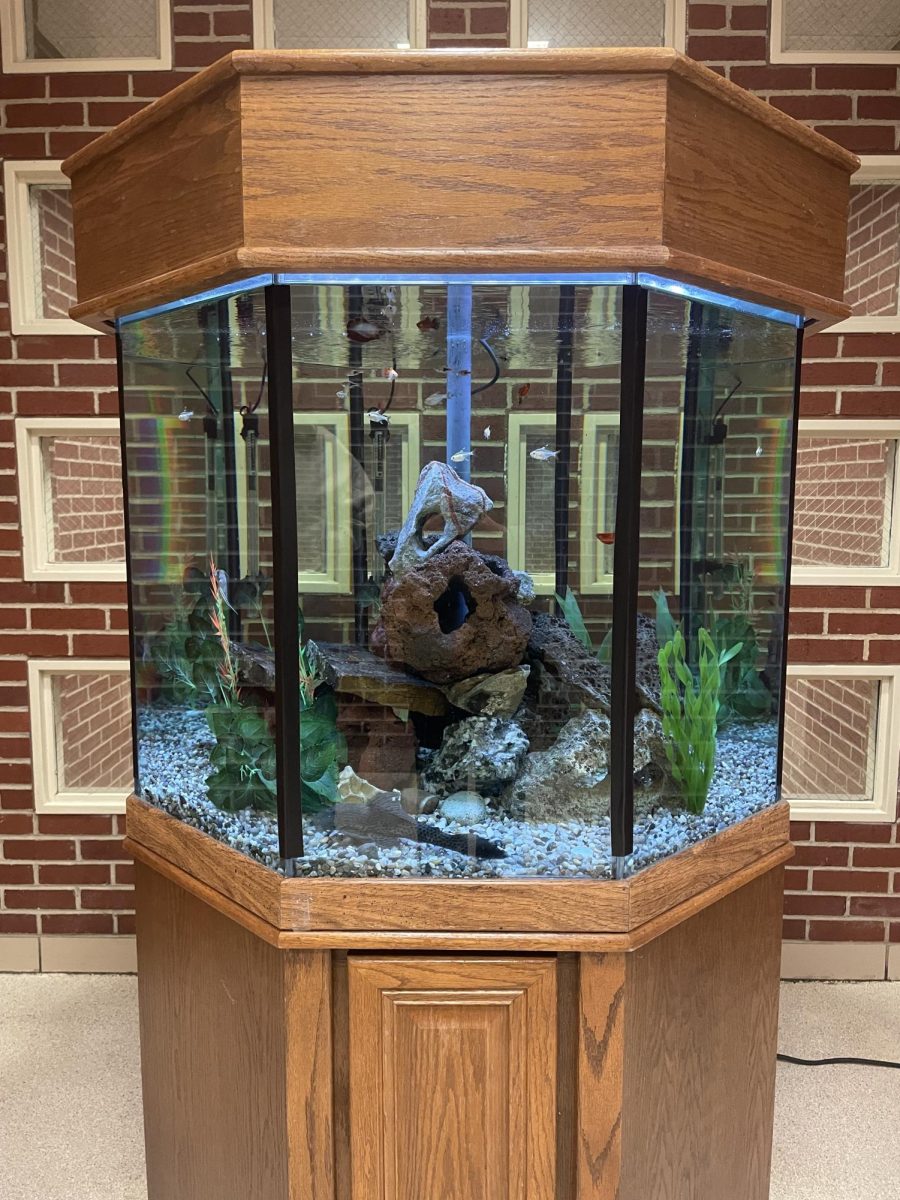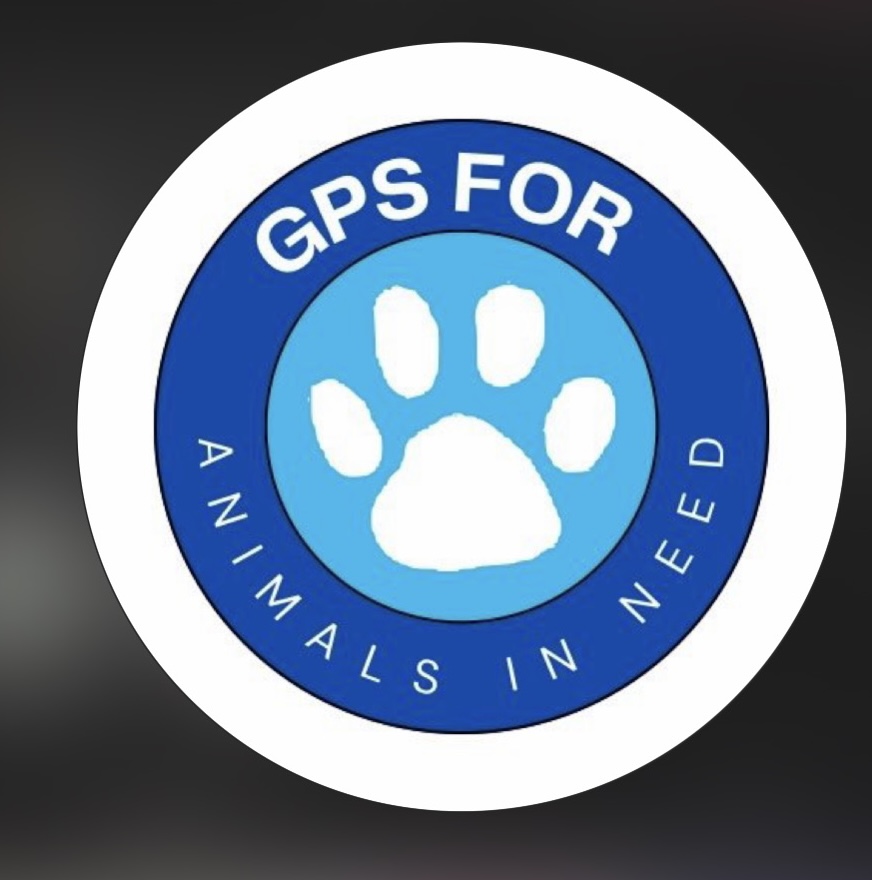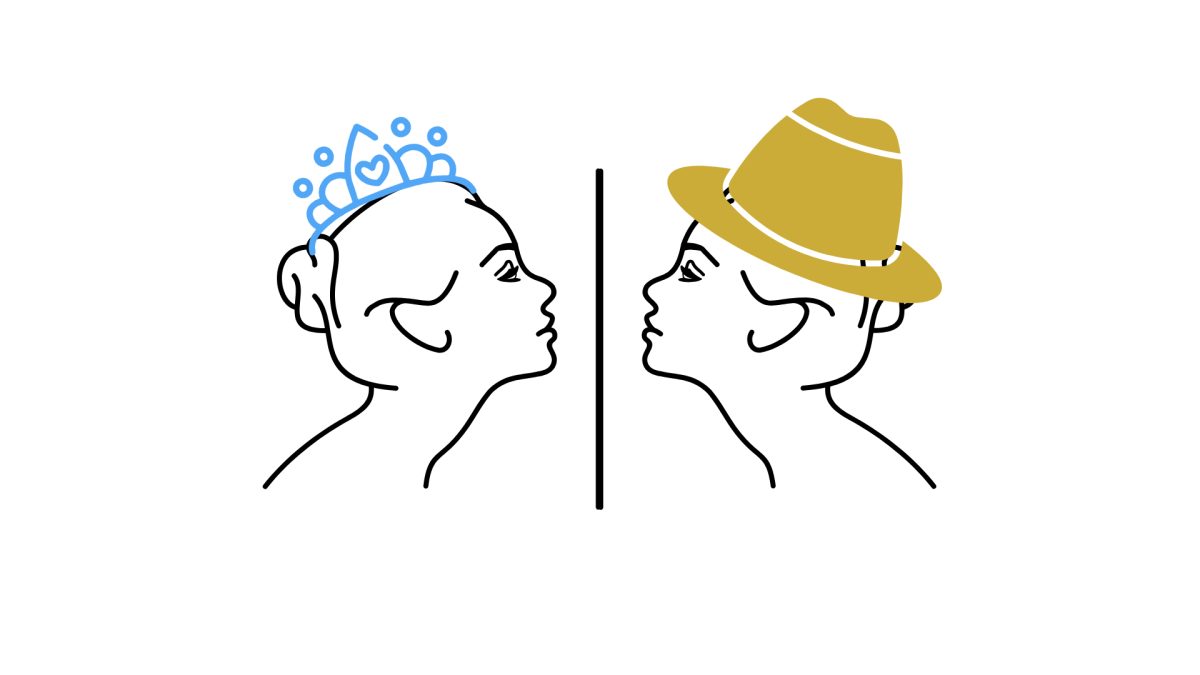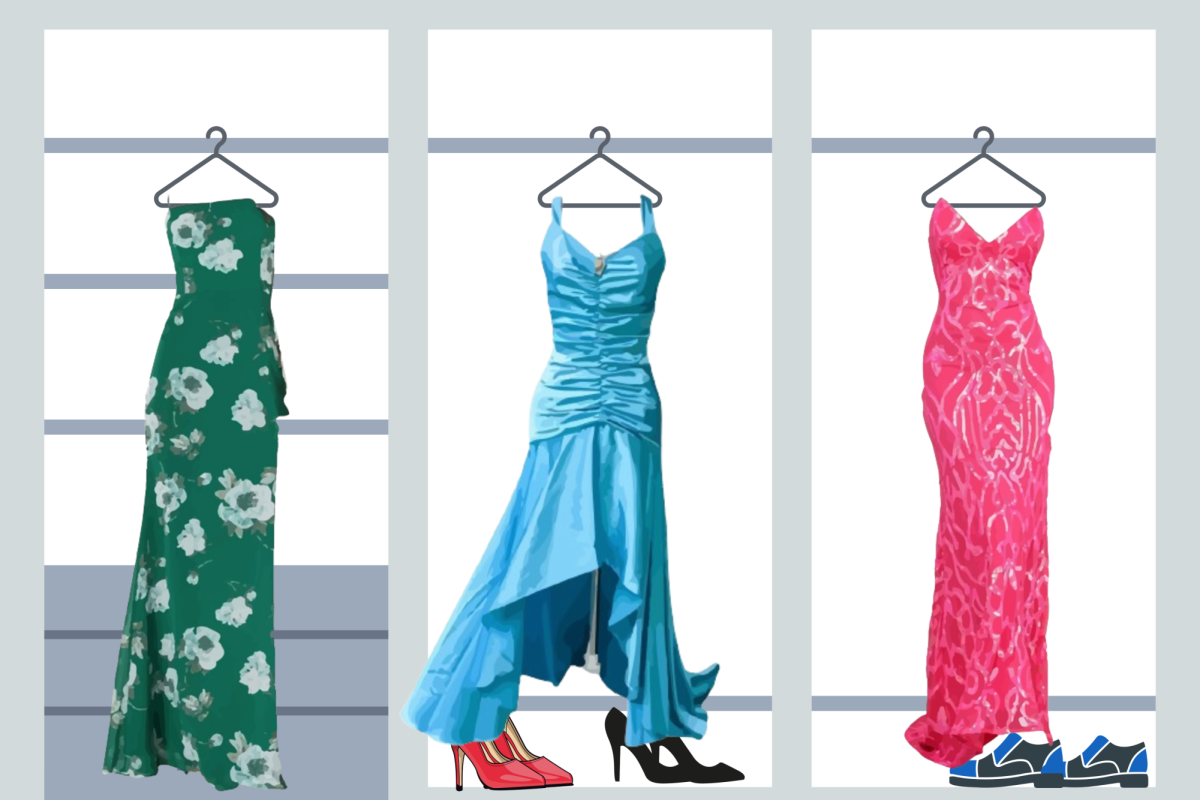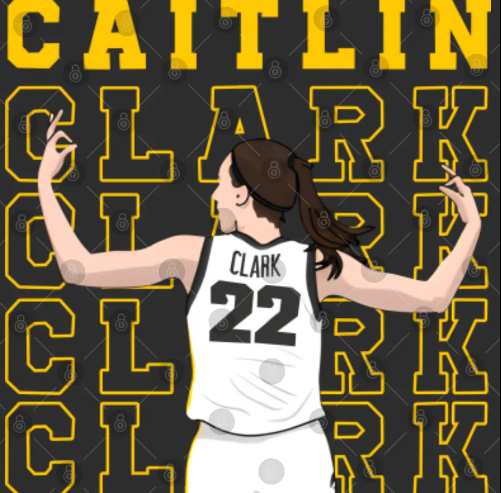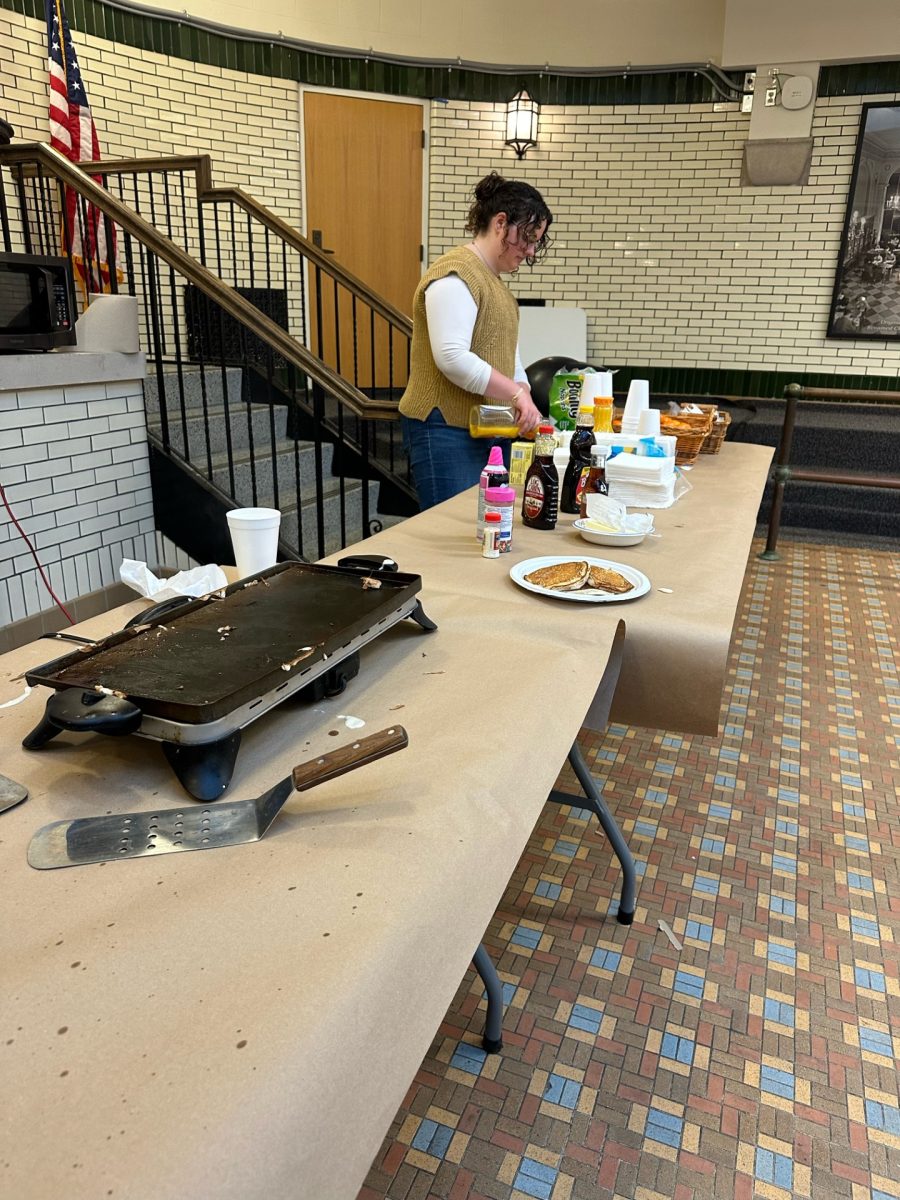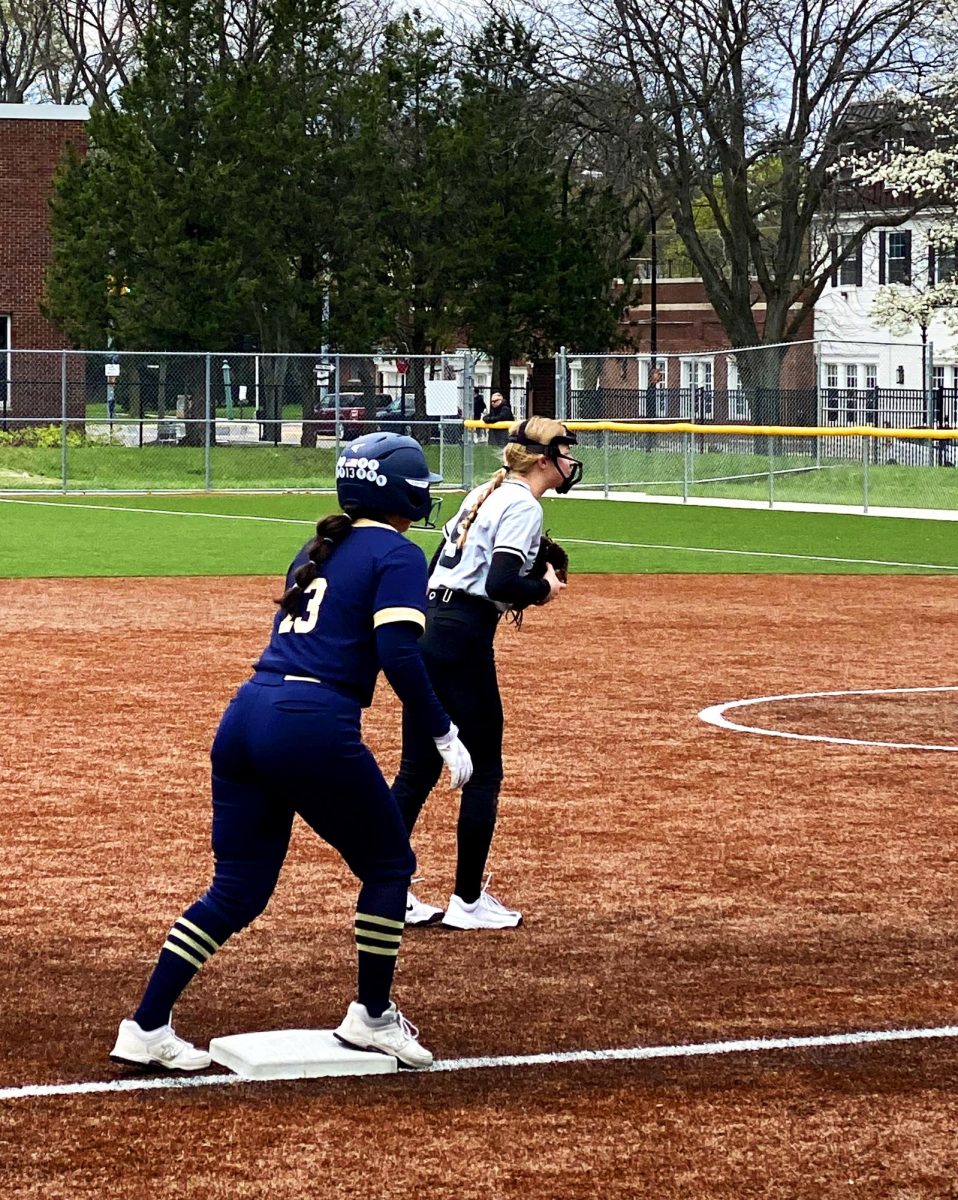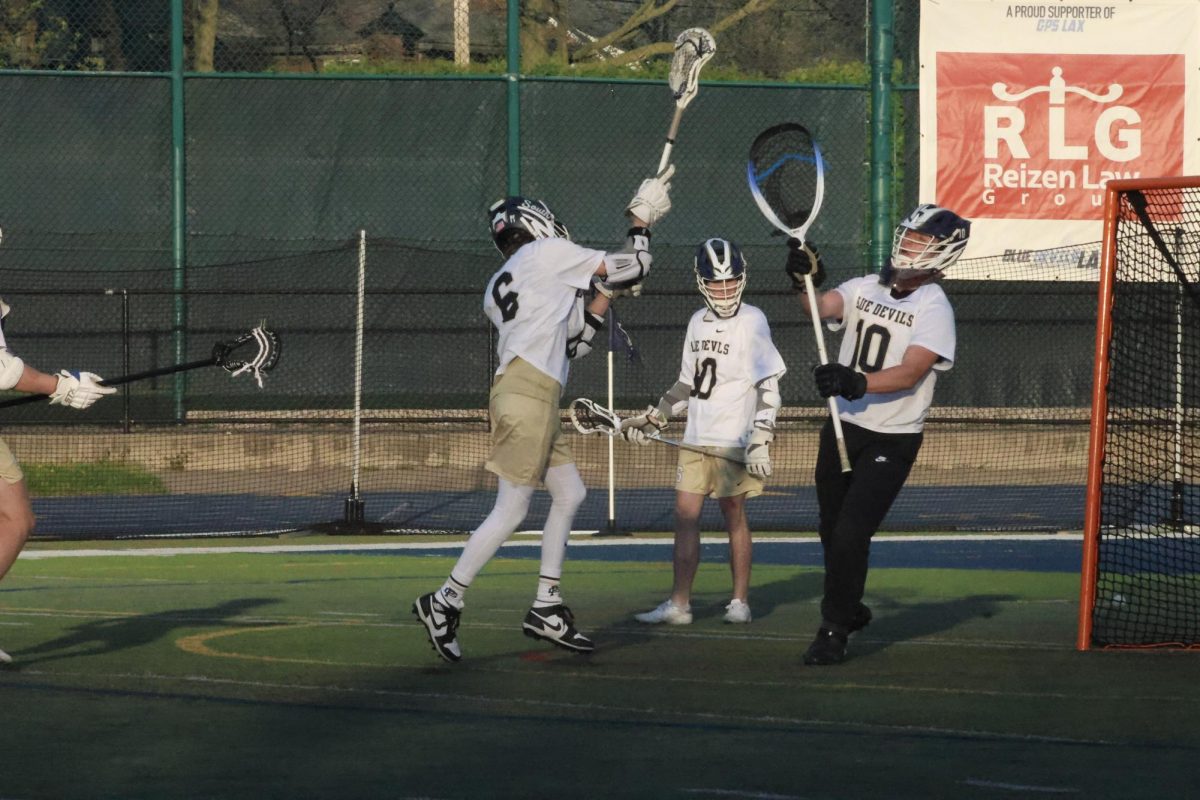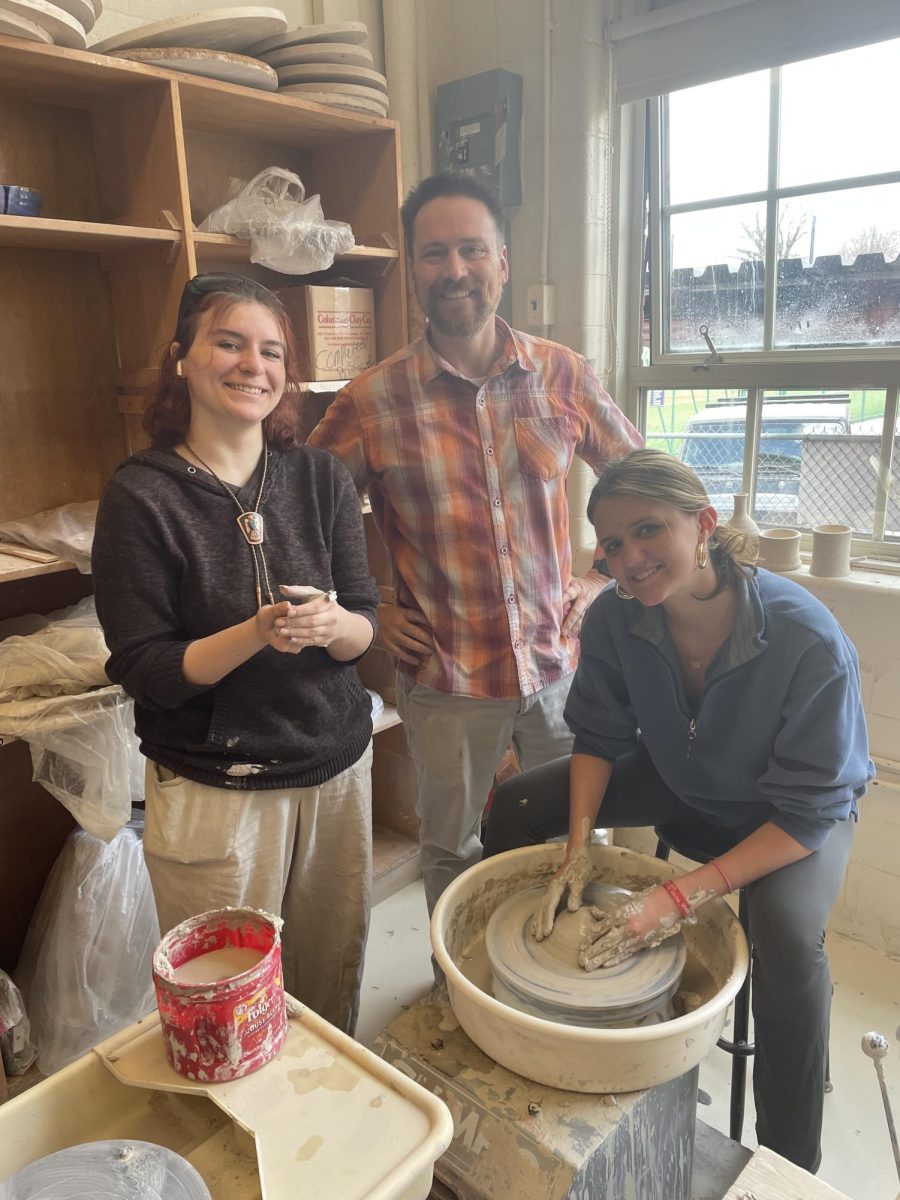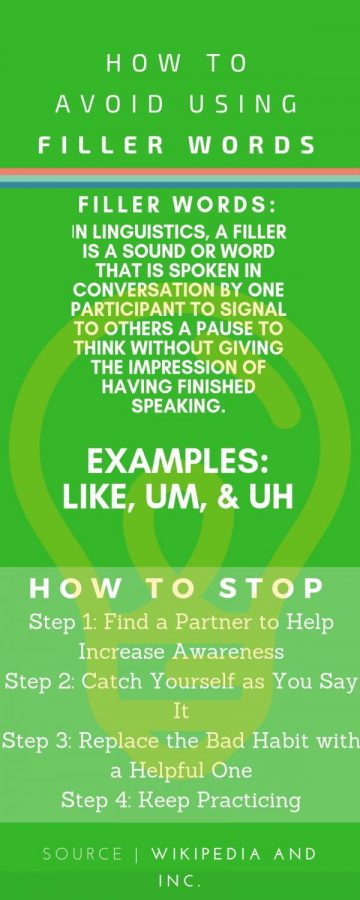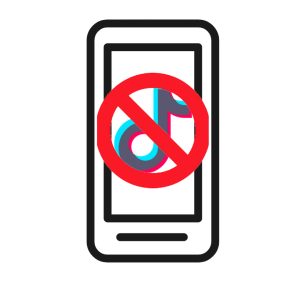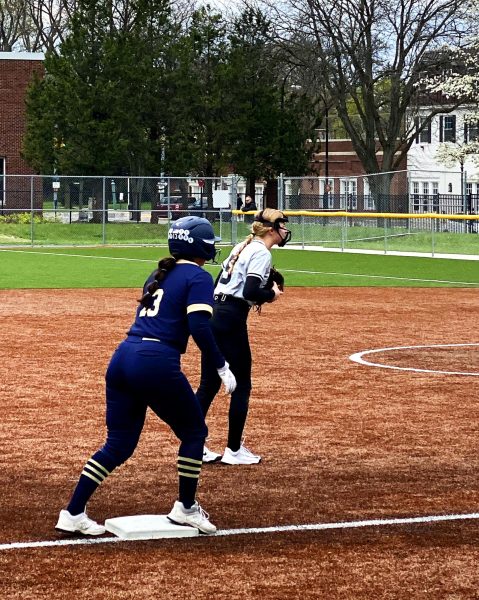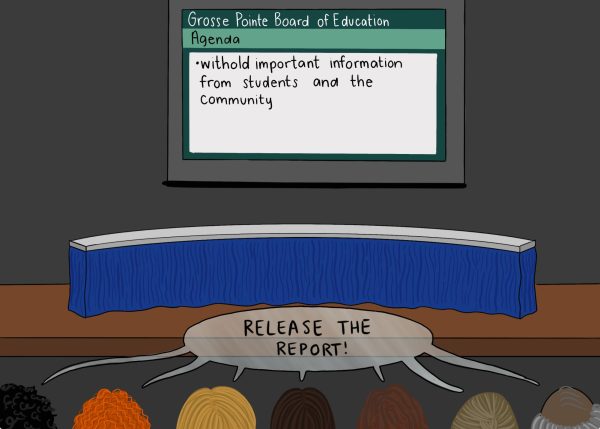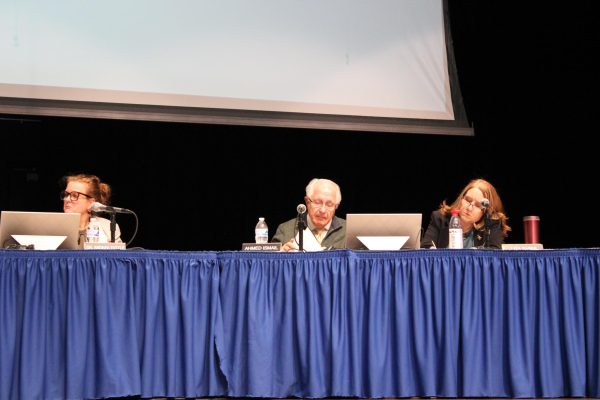Um, like, just spit it out
Why we rely on filler words
January 10, 2019
We all use filler words, whether we want to admit it or not. They’re the natural words that just roll off our tongues, and it’s completely normal to use them as a student or adult.
Grosse Pointe South Speech Pathologist Amanda Bungard said the most common filler words include “um”, “like”, “uh” and “more”. She said they are a placeholder in our language.
“Filler words hold a place in what you want to say,” Bungard said. “Usually, it’s just that your brain just hasn’t caught up to your mouth. So, you’re using those words while you think what you actually want to say.”
English teacher Taryn Loughlin said she stresses the importance of intellectual words to help reduce filler words.
“I think that one of the complaints that my students will have is I tend to use heightened vocabulary that a lot of times, and they may not have in their wheelhouse,” Loughlin said. “I feel like it’s important to be able to seek as though you actually sound intelligent and have a varying vocabulary.”
Loughlin said filler words are a tactic your brain uses, as you are processing and trying to put things and ideas together.
Sophie Smith ’21 said filler words aren’t important in the language.
“I believe that they are words that have become overused and misused and are now meaningless,” Smith said.
As a speech pathologist, Bungard said she would help students reduce the use of filler words with a certain technique.
“I would probably record them and then we listen back for those words,” Bungard said. “Take count on how many times they use them, and then try and reduce them through practice.”
According to Loughlin, there are appropriate times to use these filler words, but you have to read the conversation to understand if it’s the right place to use them.
“If you’re having a difficult conversation, I think it would be appropriate to have a filler word instead of saying something that could be offensive, cause harm or make a situation worse,,” Loughlin said. “I think that’s acceptable, but it becomes a problem when every single thing you say has filler words in it.”
Smith said she uses filler words lots of times in a day, her response was quick and what a lot of other people would say as well.
“(I use them) probably with every other sentence,” Smith said.
According to Bungard, using them often could be a self confidence issue, but it depends on the person you are talking to.
“If you’re nervous, you’re going to use them more often. Most of the time the person is not aware that they are doing it,” Bungard said.
According to Smith, filler words are there to fill empty spaces in a conversation to keep the flow going.
“I believe that individuals use these words as a way to fill blank or awkward space, so that there are no empty moments in a conversation,” Smith said.
During English class, Loughlin said she doesn’t see the filler words in writing, but more in talking with others.
“I think it depends on the task,” Loughlin said. “For example, if I’m having students write formally, I’m not seeing filler words there. If they were doing something a little more informal, I tend to see more of the kind of “text message abbreviations” not so much the filler. I definitely don’t seeing it be a problem in writing, but definitely is during discussions and internal monologues.”
According to Bungard, speech pathologists come into play when these filler words are overused.
“Filler words are words like “um” and “uh”–they’re a placeholder in your language,” Bungard said. “So, they do serve a purpose, but if it gets to be too much where you can’t understand what the other person is saying then that’s where you can use a speech pathologist to help.”












